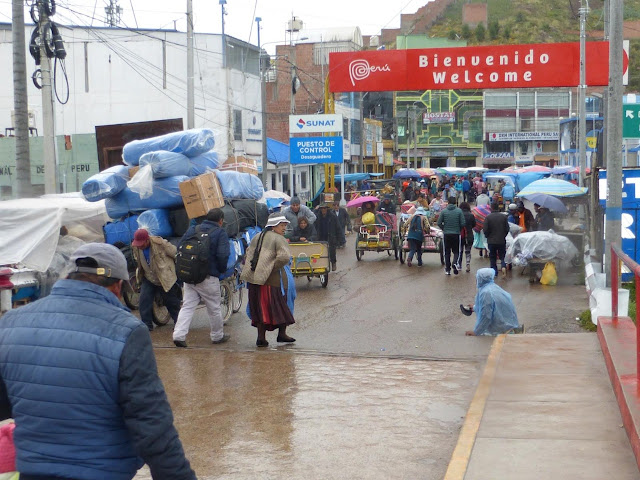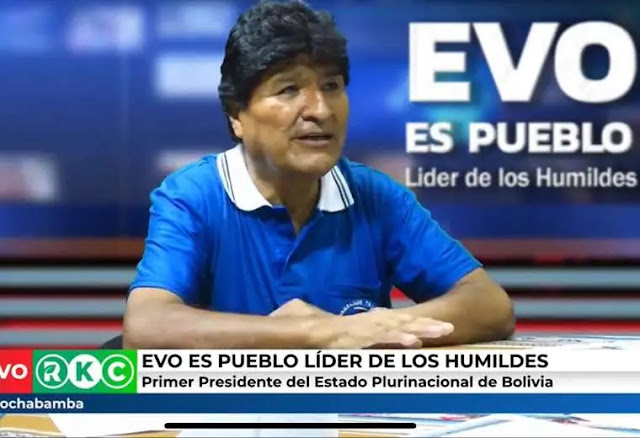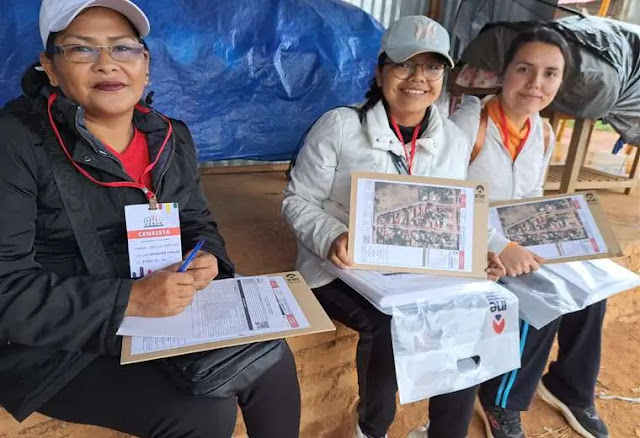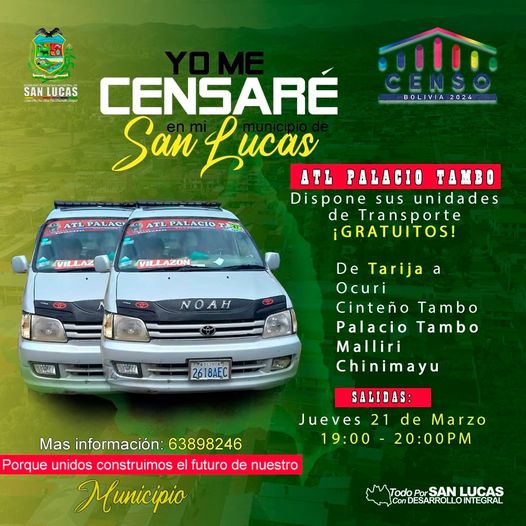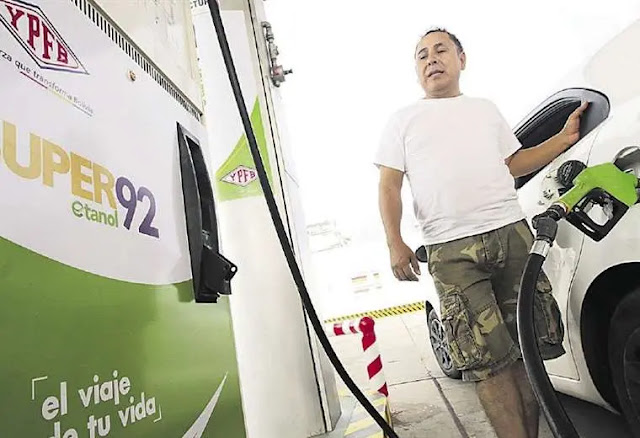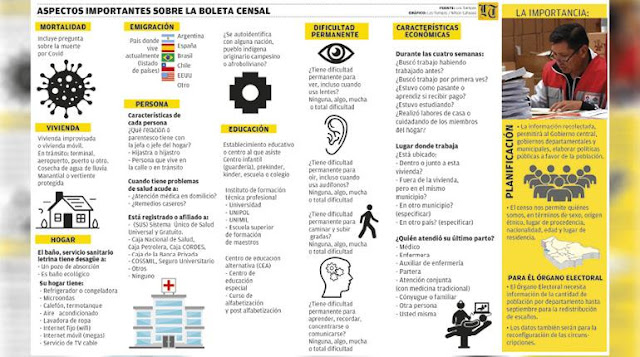Businessmen Marcelo Claure, Mario Anglarill Salvatierra, and Samuel Doria Medina stand out. The criteria considered include the ability to generate employment, investments that drive significant economic activities, and influence in diverse sectors.
Bolivian businessmen Marcelo Claure, Mario Anglarill Salvatierra, and Samuel Doria Medina stand out in Bloomberg Línea’s 2024 Ranking of the 500 Most Influential People in Latin America. With vast natural wealth and notable human talent, the selected leaders represent a clear example of how to harness the immense potential of the country.
Marcelo Claure is an investor and businessman, CEO, and founder of Claure Group, a global investment holding with approximately $4 billion under management in various sectors of the economy, such as technology, artificial intelligence, energy transition, lifestyle, and entertainment. Additionally, he owns Club Bolívar in Bolivia and co-owns Girona FC, a Spanish first-division soccer team. His career as an executive has numerous milestones: Claure founded Brightstar and turned it into the world’s largest wireless distribution and services company. In 2014, he sold Brightstar to SoftBank Group. He also led multinational companies like WeWork and SoftBank, among others.
Also on the list is Mario Anglarill Salvatierra, who, in 1976, along with his wife Maida, founded Sofía, a leading poultry company in the Bolivian market. Nearly five decades later, he still leads the company as the Chairman of the Board and works alongside his five children. Sofía has a team of more than 2,700 employees and generates approximately 27,000 indirect jobs nationwide. The Corporate Reputation Business Monitor (Merco), which evaluates the performance of companies and their leaders in 11 countries, publishes a list of the 100 best leaders in Bolivia each year: Anglarill Salvatierra was ranked number one in the Bolivian ranking on three occasions.
One of the investors who constantly bets on the country is Samuel Doria Medina Mejía. The businessman and politician earned a master’s degree in Public Finance from the London School of Economics and has since promoted numerous ventures in his country. For 27 years, he led the Bolivian Cement Society, the country’s main cement company, which he sold to Grupo Gloria in 2014 for $300 million. He is currently the president of the real estate and hotel holding Comversa S.A. One of his most notable recent projects is Green Tower, the tallest skyscraper in Bolivia, located in La Paz. One of the most important units of this holding is the Los Tajibos hotel division, which was integrated into Marriott International in 2022 through Tribute Portfolio, a collection of high-end independent hotels.
Thus, the 2024 edition of Bloomberg Línea’s 500 Most Influential People in Latin America and the Caribbean includes three Bolivians. These representatives come from the business, technology, industrial, and service sectors (hospitality and construction).
The ranking highlights that Latin America continues to establish itself as a key region in business, culture, art, and technology. These leaders have managed to position themselves globally in key sectors such as artificial intelligence, technological innovation, mass consumption, and the management of the region’s vast natural resources.
Brazil at the top
Brazil, the largest economy in Latin America, leads the list with 178 prominent names. Among them are figures such as Olympic medalist Rebeca Andrade, CEO of Microsoft Brazil Tania Consentino, and iFood founder Fabricio Bloise, who are international leaders in their respective sectors.
Likewise, Mexico ranks second with 125 influential profiles. Notable among them are Katya Echazarreta, the first Mexican woman to travel to space, and Héctor Ibarzabal, a prominent figure in the real estate sector.
Argentina contributes 59 names to this select list. Among the most prominent are Marcos Galperin, founder of MercadoLibre; Miguel Galuccio, a pioneer in the shale oil & gas industry in South America; and Lionel Scaloni, the World Cup-winning coach with the Argentine national team. Additionally, Pope Francis remains a figure of great global relevance.
This recognition reaffirms the international impact Latin America is having in multiple sectors, highlighting the role of its leaders in the region’s economic and social development.
Methodology: Selection of the 500 Most Influential
The selection of the 500 most influential people in Latin America is based on a thorough analysis conducted by the Bloomberg Línea editorial team. Criteria considered include the ability to generate employment, investments that drive significant economic activities, and influence in diverse sectors such as finance, art, science, and sports. The increasing representation of women leaders and underrepresented demographic groups is also valued.





